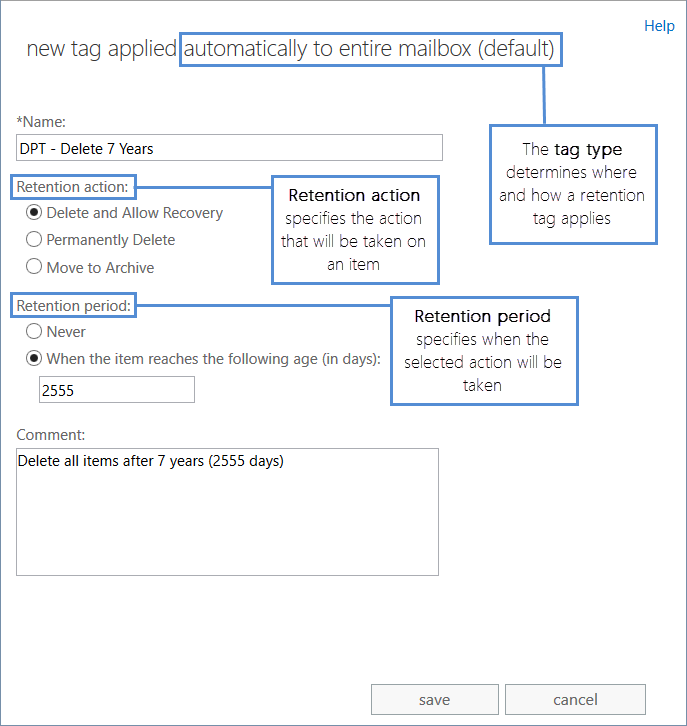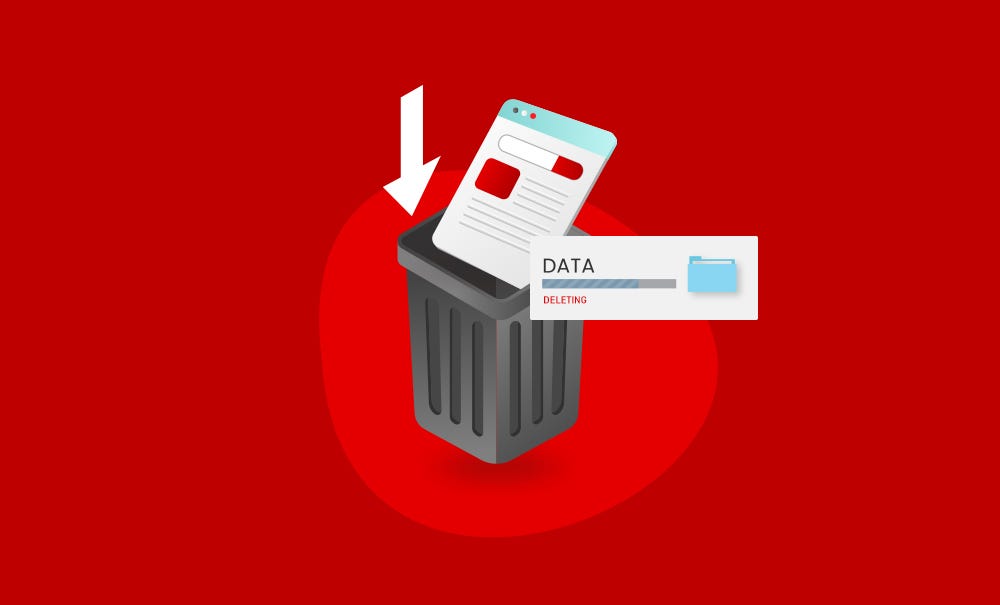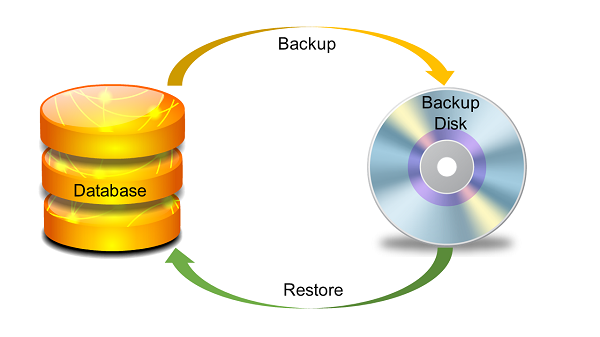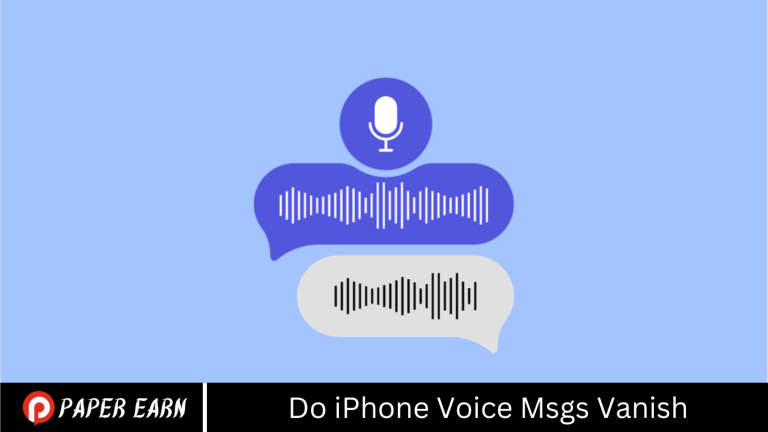IPhone voice messages are not automatically deleted and can be easily accessed, saved, and shared. They are stored within the Messages app and can be forwarded or backed up. While they typically do not expire, deleted messages may be unrecoverable without a backup. Overall, iPhone voice messages offer convenience and flexibility for communication but require attention to managing and backing up important messages.
Introduction to iPhone Voice Messages
iPhone voice messages offer convenient communication, allowing users to send spoken messages quickly and easily. These messages provide a more personal touch than text, allowing recipients to hear the sender’s tone and inflection. Whether used for casual chats or important updates, voice messages on the iPhone enhance communication in various situations. Users can manage their voice messages efficiently with features like playback control and message deletion.

Overview of iPhone Voice Messages
iPhone voice messages provide a versatile means of communication, allowing users to convey thoughts and emotions through spoken words. Accessible via messaging apps like iMessage, these messages offer a convenient alternative to traditional text-based communication. Users can manage their voice messages efficiently with features such as playback control and message deletion. IPhone voice messages add a personal touch to conversations when used for quick updates, heartfelt messages, or casual chats. In this overview, we explore the functionality and benefits of iPhone voice messages, highlighting their role in modern communication.
Default Message Retention Settings
Default retention settings govern how long messages are stored. They influence storage duration, impacting message accessibility. Understanding these settings ensures proper data management storage space and privacy safeguards. Adjusting defaults allows customization based on specific needs, ensuring optimal performance. Regularly reviewing and modifying these settings is essential for efficient data management and compliance with privacy regulations. By navigating default retention settings effectively, users can balance storage efficiency with data accessibility, enhancing overall system functionality and security.

Duration of Message Storage
Message storage duration is when messages are retained in a system before being automatically deleted. This duration impacts data accessibility and storage capacity management. Understanding and adjusting storage durations is crucial for optimizing system performance and compliance with data retention policies. Organizations can ensure efficient data management while meeting regulatory requirements by configuring storage durations appropriately.
Automatic Deletion Mechanisms
Automatic deletion mechanisms remove data or files from a system without manual intervention. These mechanisms are typically implemented to manage storage space efficiently and comply with data retention policies. Organizations can prevent storage congestion by automatically deleting outdated or unnecessary data and reducing the risk of unauthorized access or data breaches. Common examples include scheduled deletion tasks, expiration policies, and retention rules.

User-Controlled Deletion Options
User-controlled deletion options empower individuals to manage their data by allowing them to delete files or information as needed. These options allow users to maintain privacy, free up storage space, and adhere to data retention policies. Common examples include manual deletion through user interfaces, bulk deletion features, and customizable retention settings. Organizations can enhance user autonomy and promote responsible data management practices by providing users with control over their data deletion.
Backup and Recovery Methods
Backup and recovery methods are essential for safeguarding data and ensuring business continuity in the face of unforeseen events such as hardware failure, cyberattacks, or natural disasters. These methods involve creating copies of data and implementing procedures to restore it in case of data loss or corruption. Common backup methods include full, incremental, and differential backups, each offering varying levels of data redundancy and restoration speed.

iCloud Backup Considerations
iCloud backup, several factors come into play to ensure effective data protection and accessibility. First, evaluate the available iCloud storage space to ensure it accommodates all necessary data. Consider the types of data backed up, such as photos, videos, documents, and app data, and prioritize based on importance. Additionally, assess the reliability and security of iCloud backups, including encryption standards and authentication measures.
Third-Party Backup Solutions
Third-party backup solutions offer a range of features and benefits compared to built-in options. Considerations include:

- The level of customization and control over backup settings.
- Compatibility with various devices and platforms.
- The flexibility to store data locally or in the cloud.
Additionally, evaluate the security measures implemented by third-party providers, such as encryption standards and data protection protocols.
Security Measures for Message Protection
Message security is paramount to safeguarding sensitive information. Key measures include encryption, authentication, and access control. Encryption scrambles message content, rendering it unreadable without the proper decryption key. Authentication verifies the identity of both senders and recipients, thwarting impersonation attempts. Access control regulates message access, reducing the risk of unauthorized exposure. Employing these measures enhances communication security and protects against data breaches.
Privacy Considerations
Considering privacy is essential for safeguarding sensitive information and maintaining confidentiality. This involves implementing encryption, access controls, and data anonymization. Encryption ensures data is protected from unauthorized access by scrambling it, making it unreadable without the decryption key. Access controls restrict who can access certain information, helping to prevent unauthorized viewing or modification. Data anonymization removes identifying information from datasets, enhancing privacy while allowing for analysis.

Recommendations for Message Management
Here are recommendations for effective message management:
- Prioritize Organization: Establish a systematic approach to categorize and archive messages, ensuring easy retrieval and efficient management.
- Implement Automation: Utilize automation tools to streamline repetitive tasks such as sorting, labeling, and archiving messages, reducing manual effort and improving productivity.
- Set Clear Policies: Develop clear guidelines for message handling, including retention periods, deletion protocols, and data classification criteria, ensuring consistency and compliance.
- Train Employees: Provide comprehensive training on message management best practices, security protocols, and regulatory requirements to promote responsible data handling and minimize risks.
- Utilize Encryption: Implement encryption protocols to protect sensitive messages from unauthorized access during transmission and storage, safeguarding confidentiality.
- Monitor Activity: Regularly monitor message activity, including access logs and audit trails, to promptly detect and mitigate potential security breaches or policy violations.
- Regular Audits: Conduct periodic audits of message management practices and systems to identify areas for improvement, ensure compliance with regulations, and maintain data integrity.
How to Recover Audio Messages On iPhone
If an audio message on your iPhone has expired before you can save it, there are several methods you can try to recover it. One option is to refer to our guide on “How to Recover Permanently Deleted Text Messages” for detailed steps on retrieving deleted messages. Additionally, you can explore other methods, such as checking your iCloud or iTunes backups, using third-party data recovery software, or contacting Apple Support for assistance. With these approaches, you can retrieve and restore your lost audio messages to your iPhone.
Frequently Asked Questions
Do iPhone Voice Messages Vanish?
Voice messages on iPhones are typically stored unless manually deleted by the user.
How Can I Access Voice Messages on iPhone?
Open the Messages app, locate the conversation with the voice message, and tap on it to play.
Can I Save iPhone Voice Messages?
Yes, you can save voice messages by tapping and holding the message, then selecting “Save.”
Do Voice Messages Expire on iPhone?
By default, voice messages do not expire but can be deleted manually.
Where Are Voice Messages Stored on iPhone?
Voice messages are stored within the Messages app and organized by conversation threads.
Can I Share iPhone Voice Messages?
You can share voice messages via Messages, email, or other messaging apps.
Can I Forward iPhone Voice Messages?
You can forward voice messages to other contacts using the Messages app.
How Long Can iPhone Voice Messages Be?
iPhone voice messages can vary in length but are typically limited to a few minutes.
Are iPhone Voice Messages Backed Up?
If an iCloud backup is enabled, voice messages are included. Otherwise, they may need to be backed up.
Can I Retrieve Deleted iPhone Voice Messages?
If you have a backup, you can retrieve deleted voice messages by restoring from that backup. Otherwise, deleted messages cannot be recovered.
Conclusion
IPhone voice messages are not automatically deleted and can be easily accessed, saved, and shared. They are stored within the Messages app and can be forwarded or backed up. While they typically do not expire, deleted messages may be unrecoverable without a backup. Overall, iPhone voice messages offer convenience and flexibility for communication but require attention to managing and backing up important messages.

